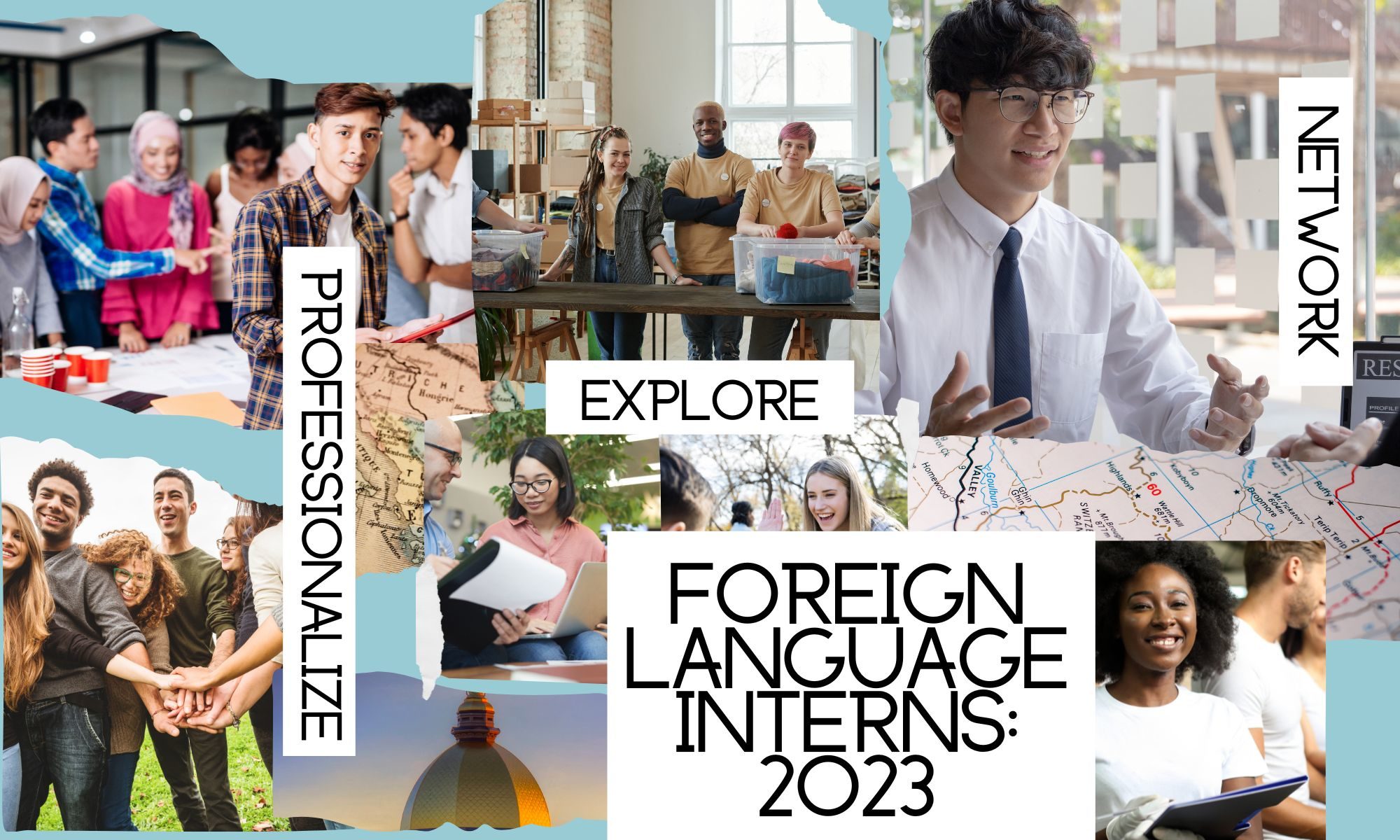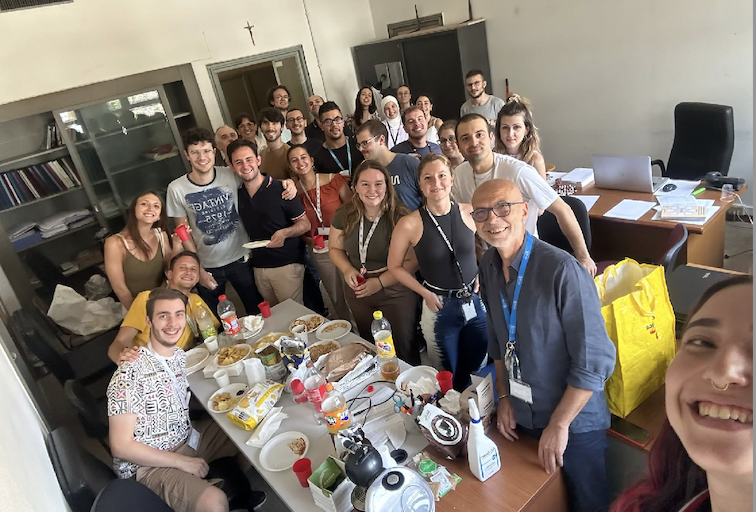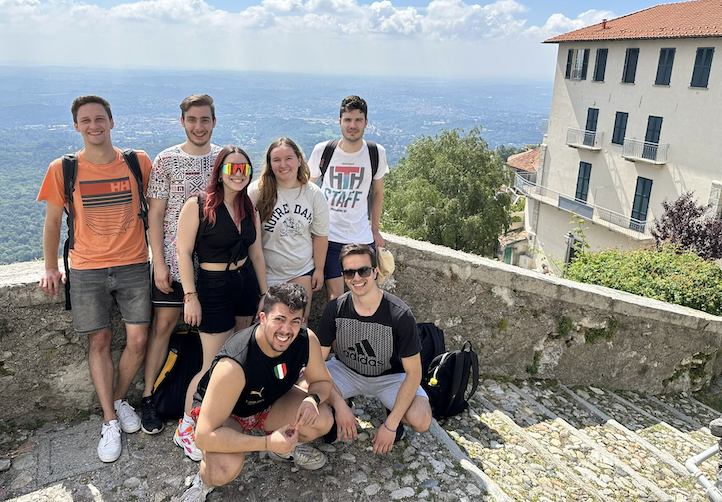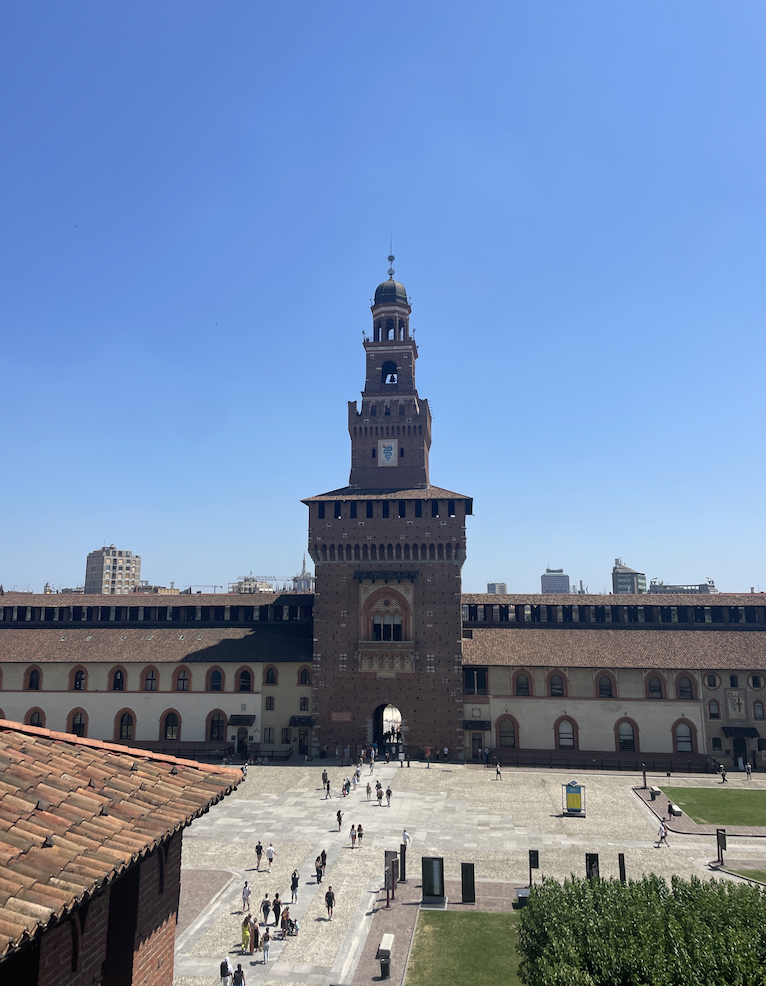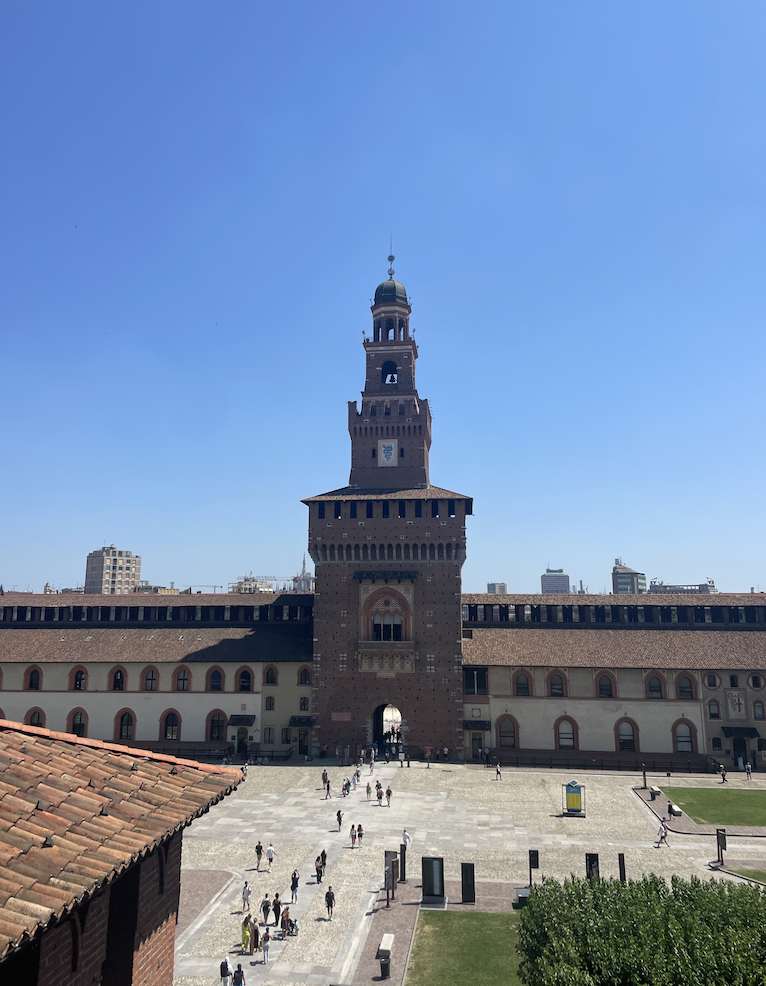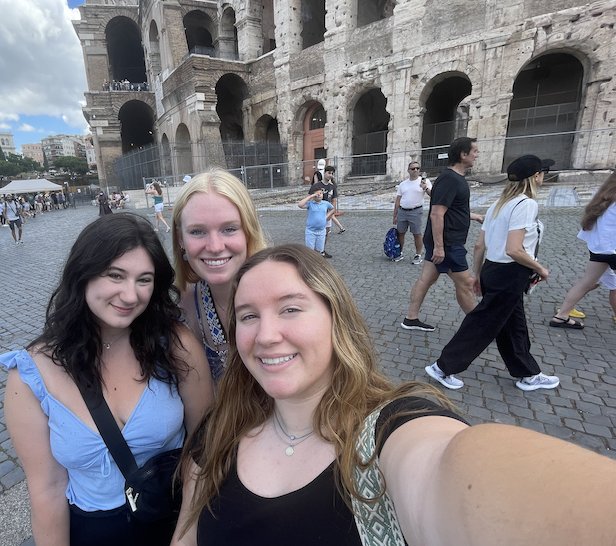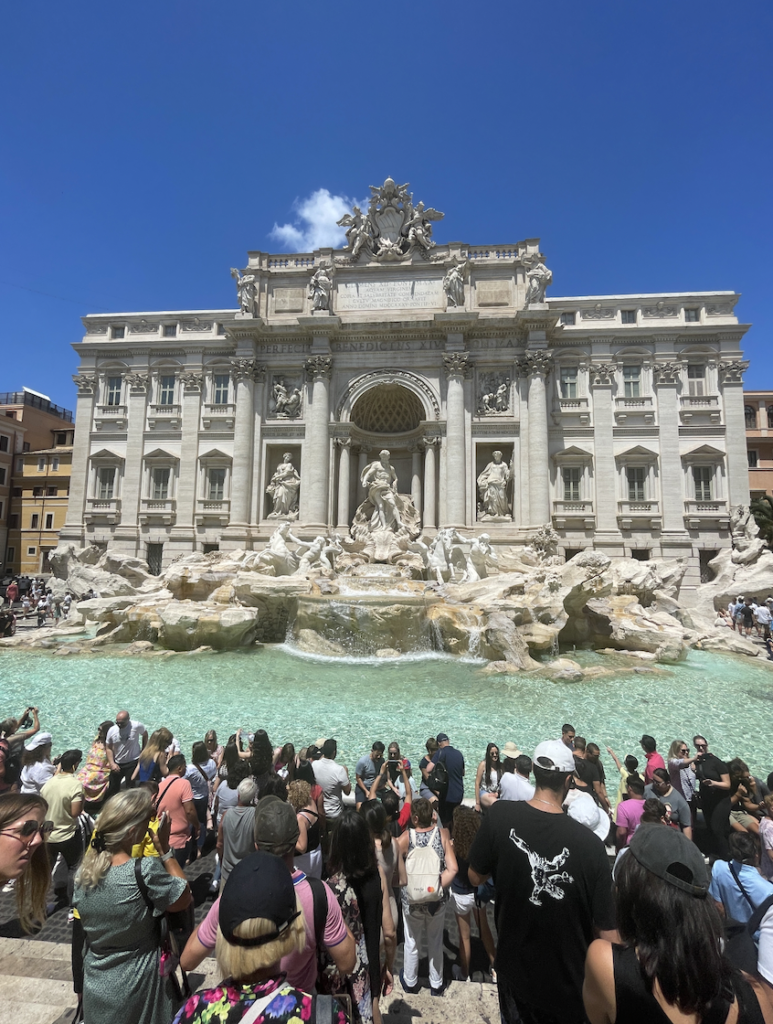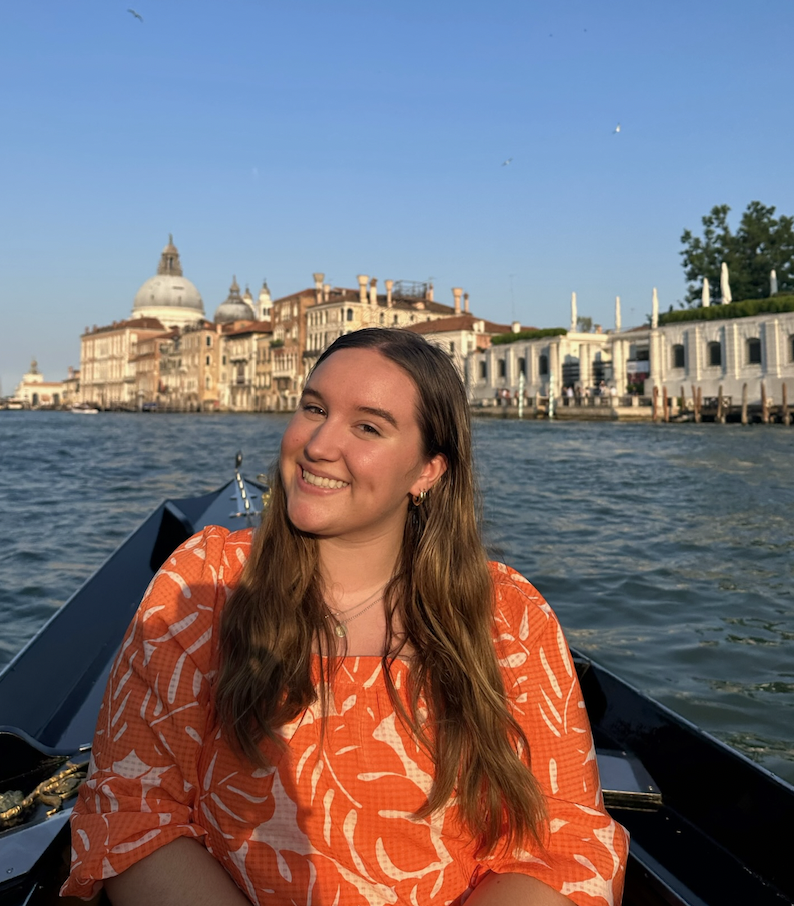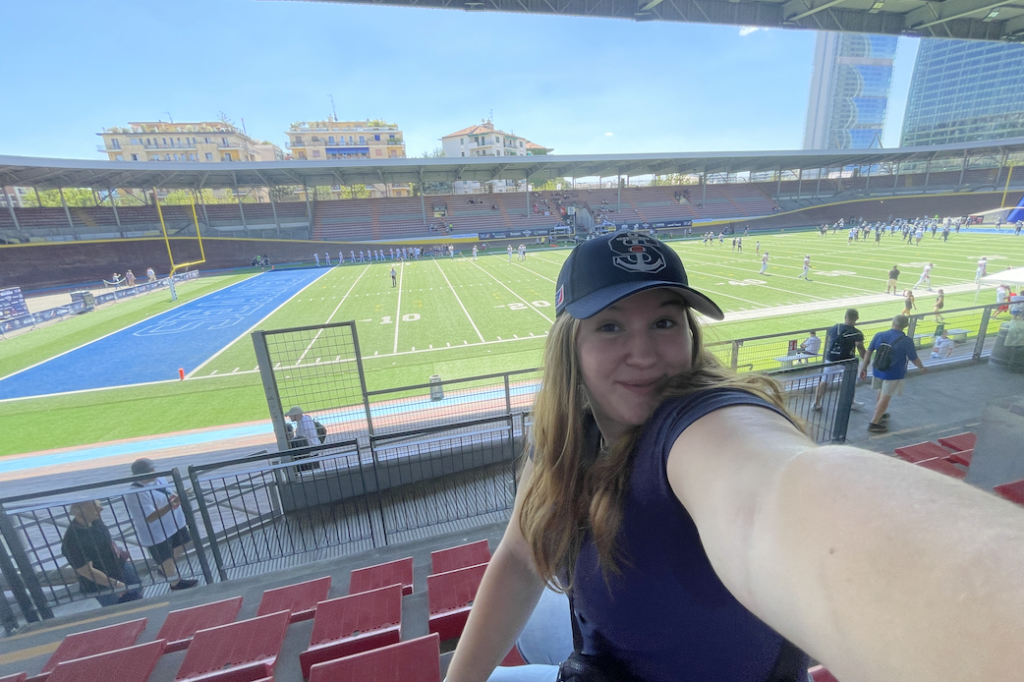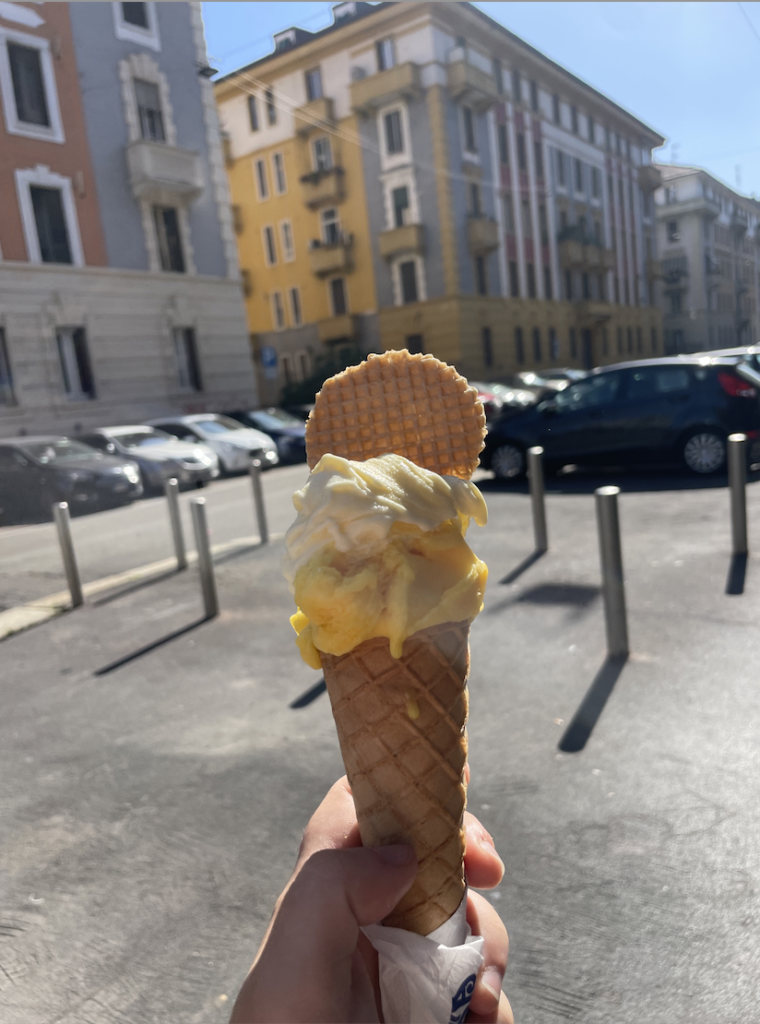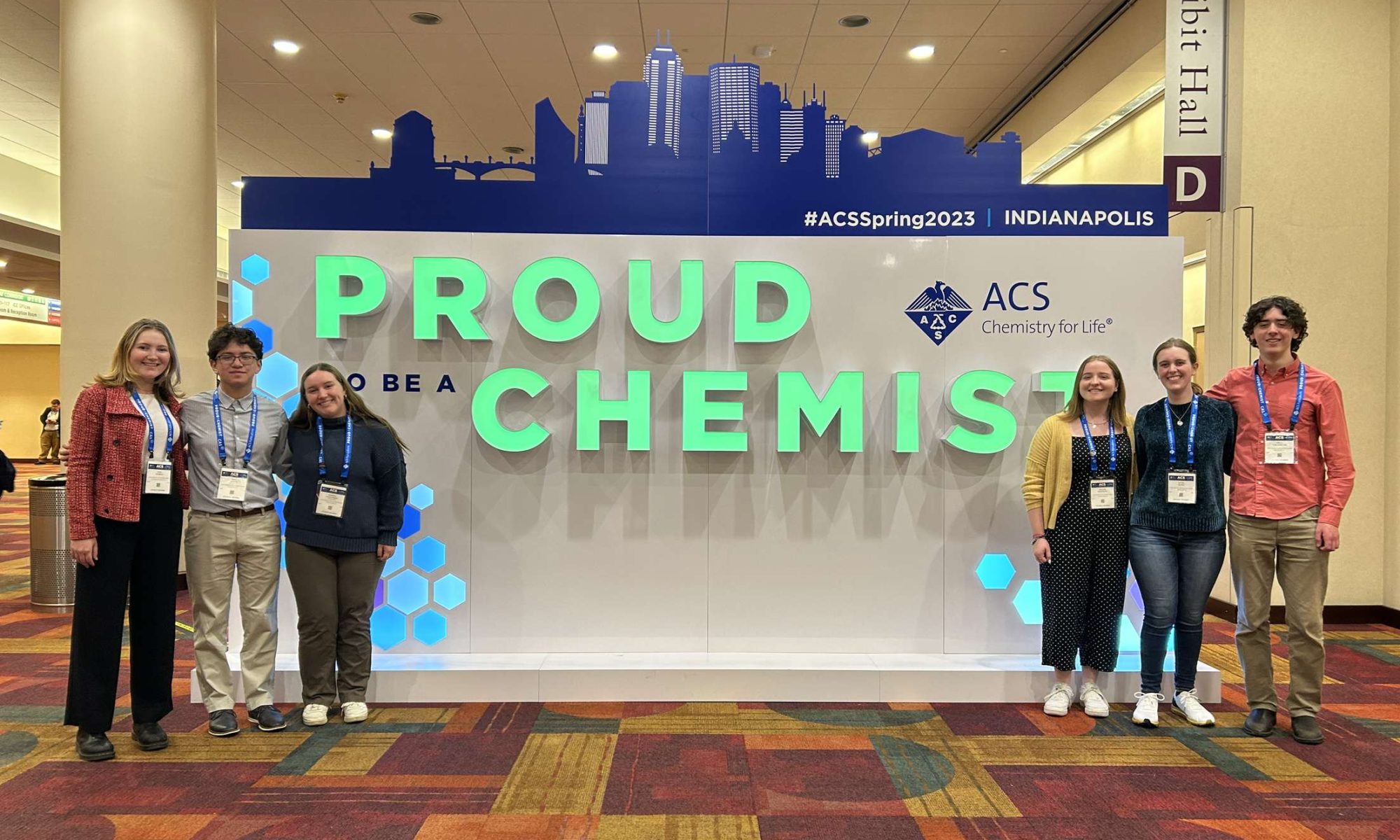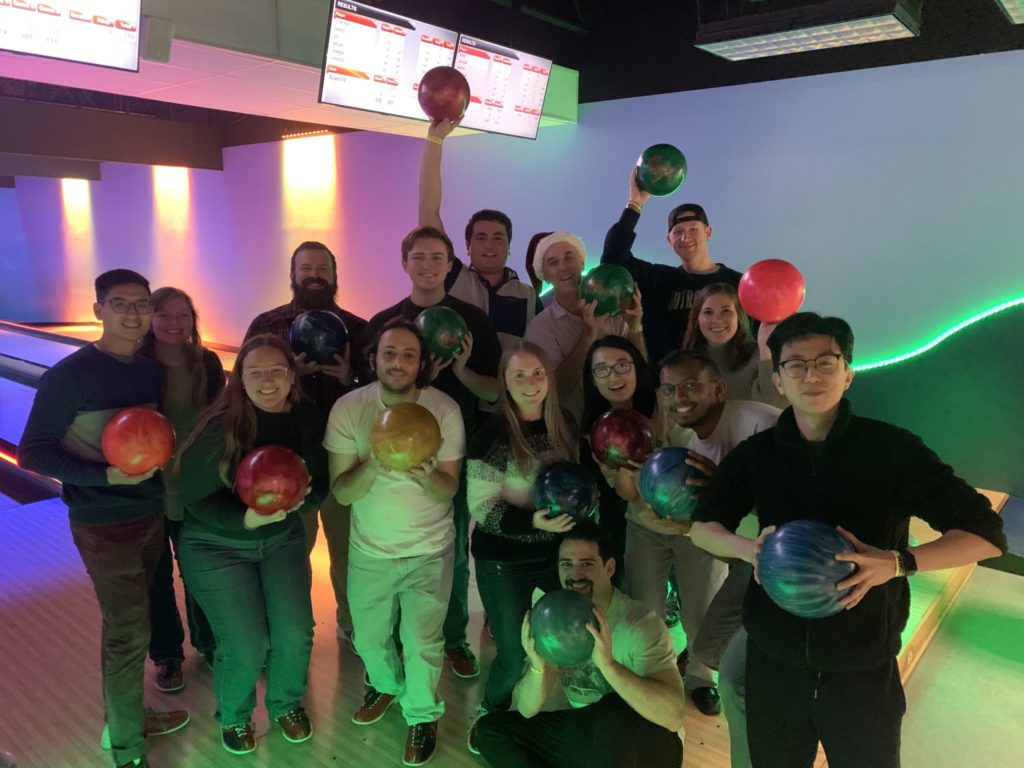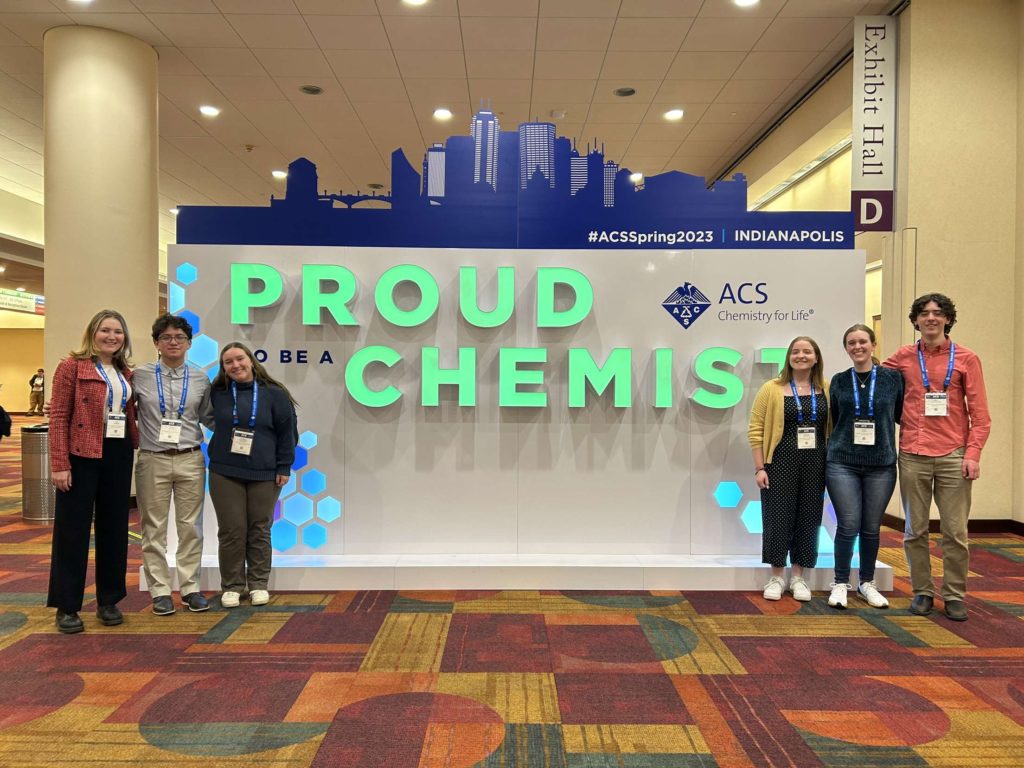As I prepare for my third year at Notre Dame, reflecting on this summer and all the opportunities it has brought me is a unique privilege that I am so grateful to have experienced. Before this summer, I had never left the United States—not for a family vacation, not for a study abroad experience. Initially, I felt very out of my element, nervous and apprehensive, not entirely sure I was prepared to live on my own all summer, much less in a foreign country. Through my internship cohort, I was able to prepare quite heavily for my experience and knew better what to expect, but one thing I could never have predicted was how amazing the relationships I developed would be.
I remember landing in Milan, thinking about whether or not I would make friends, whether or not the research I was doing would be something I liked, what I would eat for dinner every night. After only a week with my research cohort in Milan, I already felt like I was building strong relationships. The cultural differences I expected upon my arrival, while still present, were not nearly as daunting as what I expected.We all had similar music tastes and interests, and it became increasingly easier to find things to talk about every day during laboratory experiments. During the weekends, my new friends and I would even hang out, and exploring the sites and sounds of such a bustling, beautiful city was an experience unique to my particular location—I got a lot of my cultural experience through just living my day-to-day life.
A lot of people say that studying abroad changes them for the better. I think that sentiment rings true for the most part, but I don’t necessarily feel different; rather, I feel like a more improved version of myself. I am able to connect on a whole new level with those outside of my culture and those that I normally would not have the privilege of meeting had I not taken the jump to study somewhere new to me. Every piece of my Italian experience has made me a better global citizen, and I am so excited to take my newly-improved linguistic skills and better understanding of cultural differences to experiences back in the USA and abroad someday soon.
